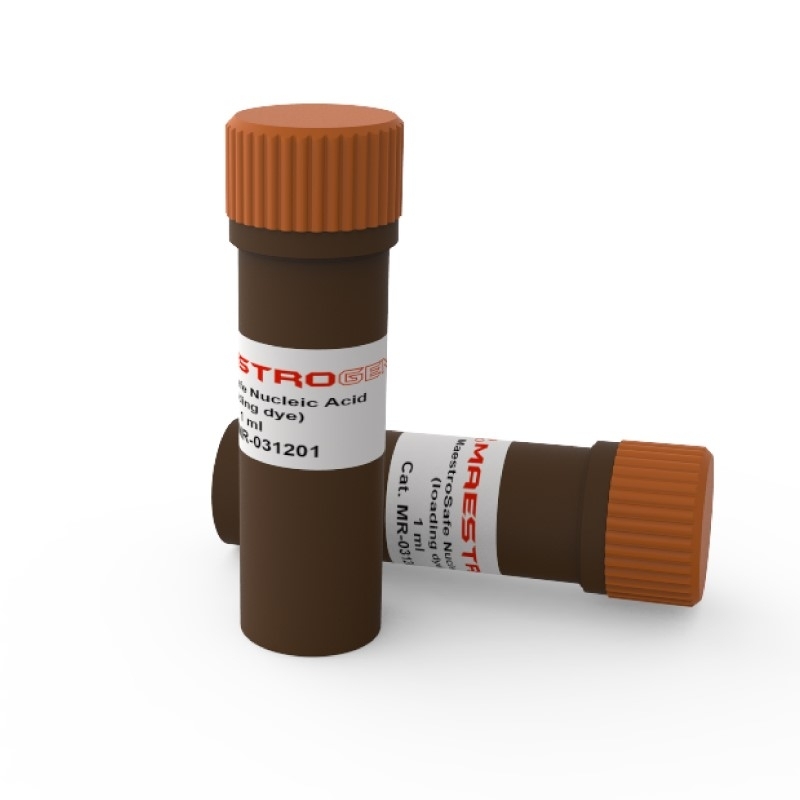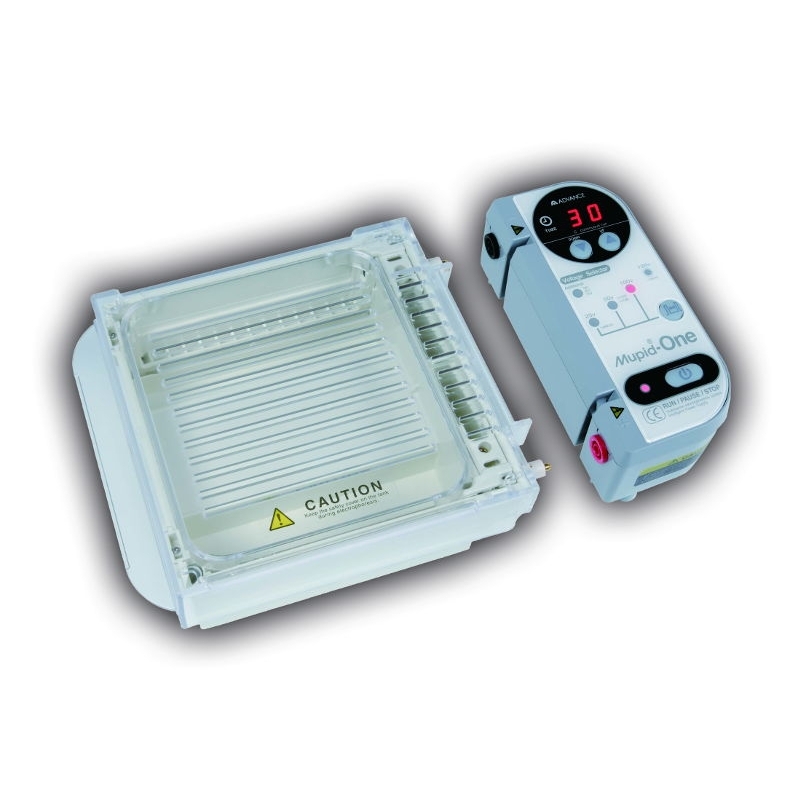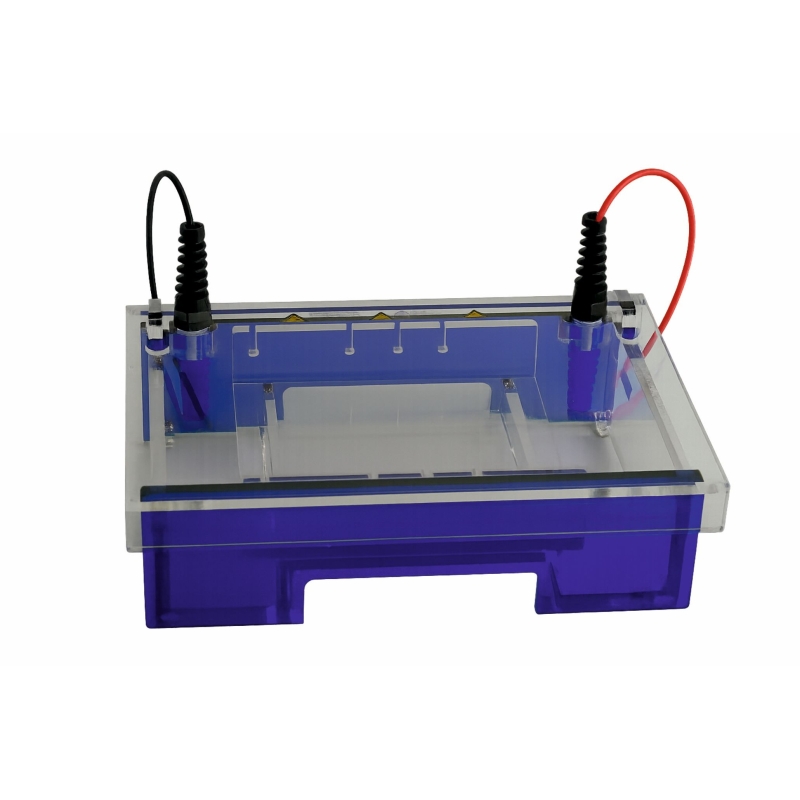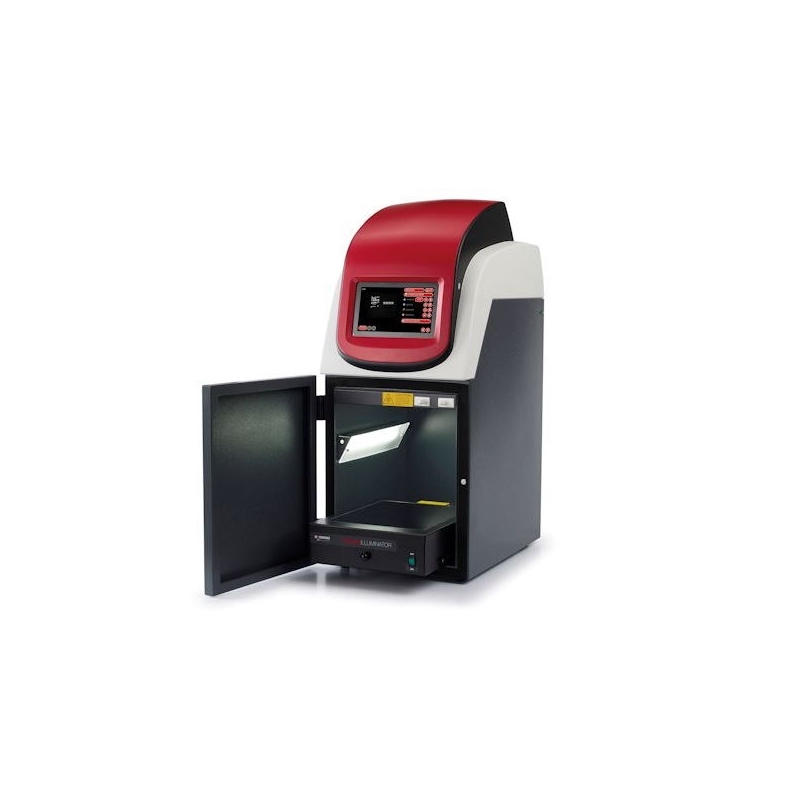
MaestroSafe Prestained
Reference: LC908
MaestroSafe™ products represent a new and safe class of nucleic acid stains for visualization of double-stranded DNA, single-stranded DNA, and RNA in agarose gels.
Features :
- Alternative to Ethidium Bromide
- Proven safety - low toxicity
- Bright green fluorescence with exceptionally low background
- Detection as little as 100 pg of dsDNA per band
- Compatible with UV-light, Blue LED, Blue-Green LED


